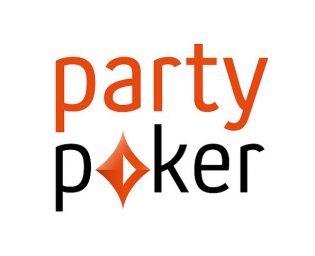
In a decision that goes contrary to the move toward anonymous tables at many online poker sites, partypoker recently announced that it will allow players to use their real names at cash game tables.
….the chance to build more of a community feel around the tables.
The brief mention in a longer blog post that was mostly about tournament lobby updates for Mac users was as follows:
partypoker have today released a new software update that will allow players to use their real names on cash game tables instead of their screen names. Offering real name cash games reduces player concerns around anonymity and the chance to build more of a community feel around the tables.
That’s it. There is no more information given. It seems like real names will be tested at specific tables in August, but even that detail is vague. Partypoker managing partner Rob Yong said on Twitter that “obviously” only people at the table will be able to see their opponents’ real names.
Um, that wasn’t obvious, actually.
One would think that real names will be trialed at specially-marked tables, or else we would have situations where some players would show their real names and others wouldn’t, which kind of defeats the purpose. The funny thing is that everyone can use their real names on partypoker already – they just have to make their screen name their real name. This new option, of course, would put real names back into play for those who created a screen name that wasn’t their real name, which is the vast majority of players.
It’s a noble idea, perhaps…
The idea behind this test is that removing anonymity is supposed to make game more congenial, that people are less likely to be mean to others if there is a name associated with the seat at the table. People may also be less likely to be toxic if everybody else knows their true identity. Then again, step foot on Facebook or the comments section of any online newspaper article and you will find that loads of people have no awareness when they use their real name to say nasty things.
…but not everybody agrees
Critics of the move argue that the nice thing about online poker is the anonymity. Using one’s real name could risk trouble; an angry opponent could track down a big winner or out their personal information to the world. And it’s not just successful players that might not want their names known; poor players might not want people to know who they are out of embarrassment. Or maybe people don’t want other to know they play poker, period.
Of particular concern is how using real names at cash game tables could affect women. Yong thinks women could be at an advantage because men often “soft play” them, but he somehow did not understand how women could be worried about how they could be treated negatively. Women often have to put up with “poker bro” bullshit and in a more extreme, not unrealistic scenario, could potentially be stalked by male players who mistake their interactions at the table for some sort of genuine connection.


















